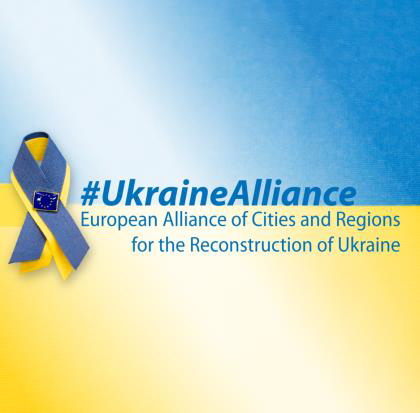Call for stories to the Baltic Cities Bulletin 2/2020: “Smart Development”. The deadline for stories to the Bulletin is 5 October 2020.
Overview of the Bulletin 2/2020:
- Cover story
- Future of tourism – essential findings
- Towards a resilient local economy
Cover story
The corona pandemic has made the central challenges for cities, regions and countries visible like in a burning glass. The modern city is globally connected and internationally dependent. Future crises are unexpected in their nature and extent and are no longer localized. Cities have a responsibility to ensure the protection of people, to offer regional identity and at the same time to enable the global mobility of people, ideas and goods. Municipal economic development aims at transformation towards resilience and sustainability. The motor of this development is innovation through cooperation. We look forward to good and unsuccessful examples of resilient and sustainable urban economic development in the UBC region.
Future of tourism – essential findings
● Cooperation is more important in the crisis than ever before
● Innovation and sustainability are the future of tourism
● Quality replaces mass tourism
● Security and social interaction are becoming increasingly important
Towards a resilient local economy
We from the Smart and Prospering Cities Commission would like to hear more about resiliency strategies for your local economy and learn from best practices as the activities of our cities is of utmost importance for our businesses. Also we are interested in getting an impression of new initiatives and inventions the pandemic has brought and the impact they have i.e. on the sustainable development of your cities. No one knows the best way out of the crisis yet – but one’s for sure: We will be better together.
Your stories should refer to one or more of the following questions:
1. How was your local economy affected by Covid-19?
2. What measures or projects has your city developed to help your local economy through the crisis? Which measures have proven the most successful ones?
3. Which main learnings does your city take from the crisis referring to your business/ economic development strategies? Can the crisis be seen as an impulse for further city development?
4. Which role does sustainability play for these processes?
5. How can international cooperation contribute to building resilient local economies?
Please do not hesitate to contact Wolfgang Schmidt, Chair of the Smart and Prospering Cities Commission, in case of any questions: wolfgang.schmidt@kiel.de


